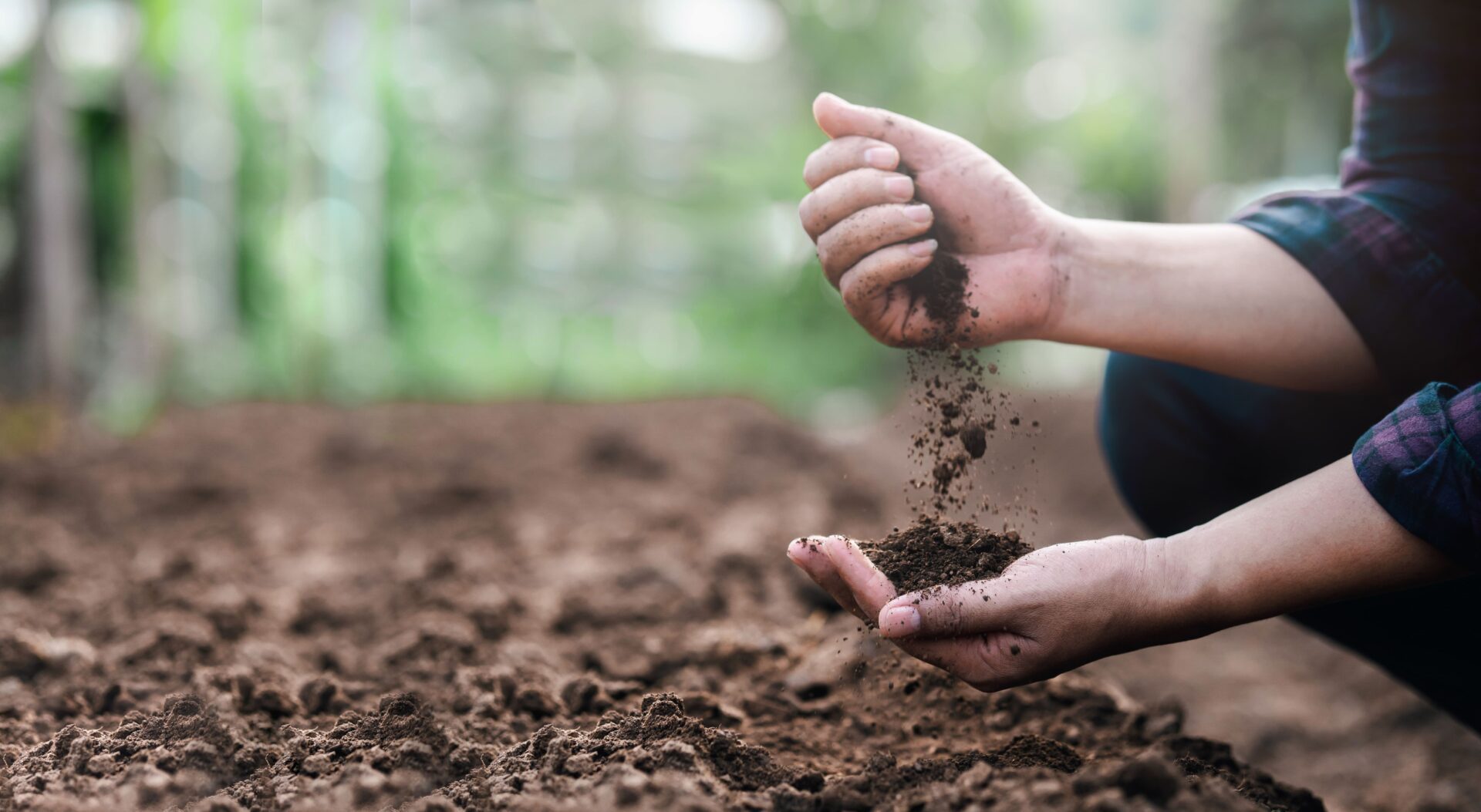Health: Soil and Human Wellbeing
Soil and Human Wellbeing
June 30th 2025

Health: Soil and Human Wellbeing
Exploring the Hidden Connection Between Earths Foundation and Our Vitality
In our modern world, we often forget that human health is intricately connected to the health of the soil beneath our feet. This fundamental relationship between soil and human wellbeing represents one of the most overlooked aspects of public health, yet it influences every aspect of our lives—from the food we eat to the air we breathe.
The Foundation of Life
Soil is far more than dirt. Its a living ecosystem teeming with billions of microorganisms, fungi, bacteria, and countless other life forms that work together to create the foundation for all terrestrial life. This complex web of interactions directly impacts human health through multiple pathways that scientists are only beginning to fully understand.
The Soil Microbiome Connection
Just as humans have a microbiome that influences our health, soil has its own microbiome that affects the nutritional quality of our food. Healthy soil contains diverse microbial communities that help plants absorb nutrients more effectively, leading to more nutritious crops and, consequently, better human nutrition.
Nutritional Quality and Food Security
The nutritional content of our food is directly linked to soil health. Depleted soils produce crops with lower concentrations of essential nutrients, contributing to what researchers call "hidden hunger"—malnutrition that occurs even when people consume adequate calories.
Key Nutrients Affected by Soil Health:
Minerals: Iron, zinc, selenium, and magnesium levels in crops decline when soil is degraded or over-farmed without proper regeneration practices.
Vitamins: Soil organic matter influences the vitamin content of plants, particularly B vitamins and vitamin C.
Antioxidants: Healthy soils promote higher concentrations of beneficial compounds like polyphenols and flavonoids in plants.
The Mental Health Connection
Emerging research reveals fascinating connections between soil exposure and mental health. The bacterium Mycobacterium vaccae, commonly found in soil, has been shown to trigger the release of serotonin in the brain, potentially acting as a natural antidepressant. This discovery helps explain why gardening and spending time in nature can have such profound effects on mood and mental wellbeing.
Stress Reduction and Grounding
The practice of "grounding" or "earthing"—direct skin contact with soil—has been associated with reduced inflammation, improved sleep, and decreased stress levels. While the mechanisms arent fully understood, preliminary studies suggest that direct contact with the earths surface may help regulate the bodys electrical systems and reduce chronic inflammation.
Environmental Health Impacts
Soil health directly affects air and water quality, which are fundamental to human health. Healthy soils act as carbon sinks, helping to mitigate climate change, while also filtering water and preventing pollution of groundwater supplies.
Soil as Natures Filter
Healthy soil ecosystems can filter out pathogens, heavy metals, and other contaminants before they reach groundwater or food crops. When soil health is compromised, these natural filtration systems fail, potentially exposing communities to harmful substances.
The Threat of Soil Degradation
Unfortunately, soil degradation is accelerating worldwide. Intensive agriculture, urbanization, and climate change are depleting soil faster than it can regenerate. This degradation poses serious threats to human health through reduced food security, increased exposure to dust and particulates, and the loss of beneficial soil microorganisms.
Global Impact
The United Nations estimates that 33% of the worlds arable land is moderately to highly degraded. This degradation contributes to malnutrition, food insecurity, and the displacement of populations, creating cascading effects on human health and wellbeing.
Solutions and Hope
Despite these challenges, there are promising solutions emerging. Regenerative agriculture practices, urban gardening initiatives, and increased awareness of soil health are creating positive change. These approaches not only restore soil health but also improve human health outcomes.
Regenerative Practices
Farmers and gardeners worldwide are adopting practices that rebuild soil health, including cover cropping, reduced tillage, composting, and diverse crop rotations. These methods not only improve soil biology but also produce more nutritious food and sequester carbon from the atmosphere.
What You Can Do
Support regenerative agriculture by choosing foods from farms that prioritize soil health. Start a garden, compost your organic waste, and spend time in nature. Every action that supports soil health is an investment in human wellbeing.
The Future of Soil and Human Health
As we continue to understand the complex relationships between soil and human health, it becomes clear that protecting and restoring soil health is not just an environmental issue—its a public health imperative. The future of human wellbeing depends on our ability to recognize and nurture the vital connections between the earth beneath our feet and the health of our bodies and minds.
By acknowledging the profound connection between soil health and human wellbeing, we can work toward a future where both the earth and its inhabitants thrive together. The path forward requires collaboration between farmers, scientists, policymakers, and communities to create systems that prioritize the health of both soil and people.
ads